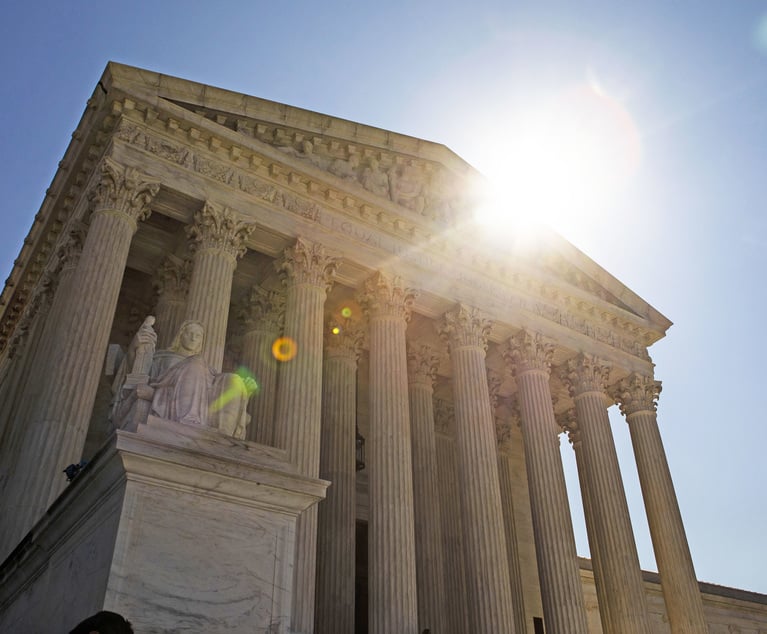On July 9, an ironic confluence of two important events occurred in our constitutional constellation. The first one was the celebration of the 150th anniversary of the adoption of the 14th Amendment to our national Constitution. Historian Amanda Bellows, writing in The New York Times, expressed hope that “an even broader interpretation of the 14th Amendment may reshape American society in the 21st century.”
The 14th Amendment guaranteed citizenship to recently freed African-American slaves, and provided federal government protection against the denial of fundamental rights and the equal protection of the laws by state and local governments (the federal government was already bound by the U.S. Bill of Rights). Its main purpose was to prevent ongoing discrimination, particularly by southern states, against emancipated slaves who had been subjected to “black codes”—laws that essentially denied them basic civil and political rights.
This content has been archived. It is available through our partners, LexisNexis® and Bloomberg Law.
To view this content, please continue to their sites.
Not a Lexis Subscriber?
Subscribe Now
Not a Bloomberg Law Subscriber?
Subscribe Now
LexisNexis® and Bloomberg Law are third party online distributors of the broad collection of current and archived versions of ALM's legal news publications. LexisNexis® and Bloomberg Law customers are able to access and use ALM's content, including content from the National Law Journal, The American Lawyer, Legaltech News, The New York Law Journal, and Corporate Counsel, as well as other sources of legal information.
For questions call 1-877-256-2472 or contact us at [email protected]


 U.S. Supreme Court building in Washington, D.C. Photo: Diego M. Radzinschi/ALM
U.S. Supreme Court building in Washington, D.C. Photo: Diego M. Radzinschi/ALM






